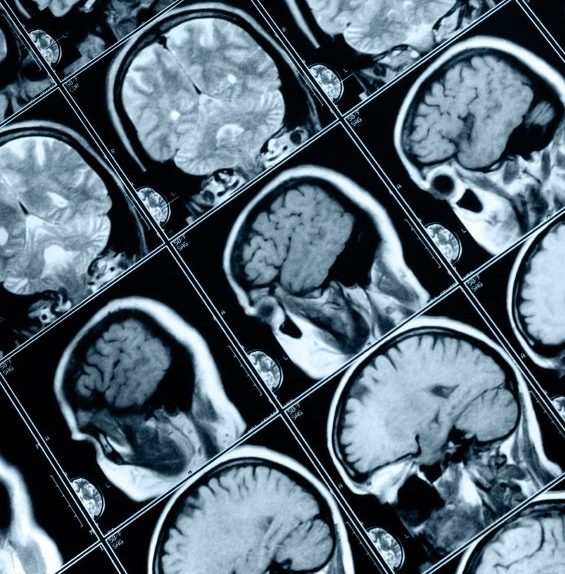It’s not a competition, but if it were, “the biological brain would be way ahead of the digital brain”, explains Yann LeCun, chief AI scientist at Facebook. Today, “technologies allow us to reproduce the brain functions of even simple animals such as rats”.
Referring to the self-driving car, Yann LeCun explains that “the real obstacle is that we do not have artificial intelligence technologies—automatic learning that would allow an automatic driving system to learn to drive in twenty hours as any human being can do. If we wanted to use the techniques we currently have to train a car to drive on its own, it would have to be trained for hundreds or thousands of hours. And that would cause thousands of accidents. So we can try to do this through simulation but simulation is never really perfect”.
He emphasises the superiority of humans who have “the model of a world that allows them to predict what will happen in advance. We don’t need to fall off a cliff or drive into a tree to realise that’s a bad idea. We don’t need to turn the steering wheel towards the tree to know we are going to hit it—we will predict what will happen in advance. We have this model of the world that allows us to plan to avoid disasters. We don’t know how to train machines to reproduce this model of the world”. He goes on: “Within hours, days and months of being born, babies learn so much about how the world functions. We think that this doesn’t take a great deal of intelligence because these things tend to be automatic”, but the resources mobilised by “the human brain to analyse the images we see before us” are immense.
France info, Jérôme Colombain (20/10/2018)

